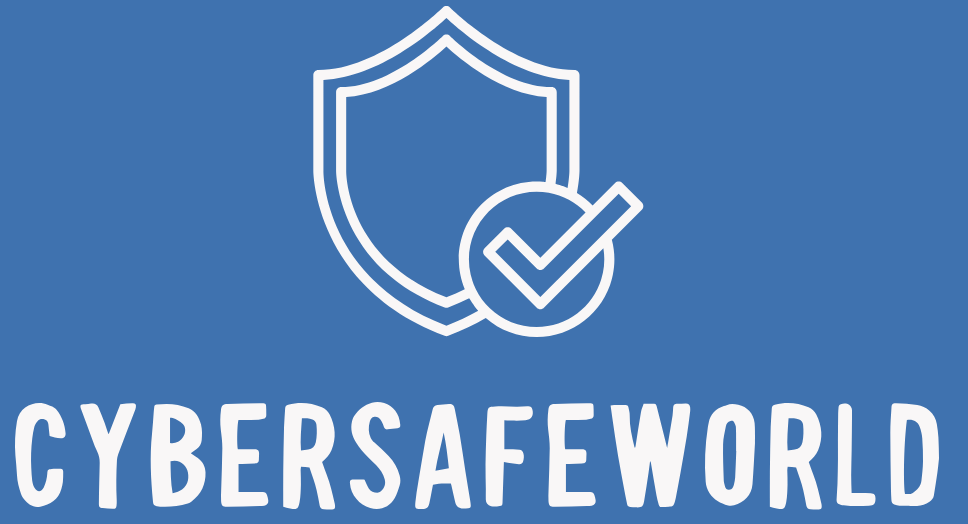Blog 1
Let’s face it — the internet is basically part of everything we do now. We bank, shop, study, and even socialize online. But while all that convenience is great, it also comes with risks. Cybercriminals are constantly looking for ways to trick people, steal information, or spread malware. The good news? Staying safe online doesn’t require you to be a tech genius. You just need to understand a few basics about cybersecurity and make smart digital choices.
First off, think of cybersecurity like locking your doors at night. You might live in a safe neighborhood, but you still wouldn’t leave your front door wide open. The same logic applies online. Strong passwords, software updates, and a bit of caution go a long way toward keeping your digital life secure.
Start with strong passwords. One of the biggest mistakes people make is using simple passwords like “123456” or “password.” Hackers love those. A strong password should be long (at least 12 characters), include a mix of letters, numbers, and symbols, and be different for every account. It sounds like a lot, but password managers like LastPass or Bitwarden can help you keep track of everything safely.
Next, be careful with what you click. If you’ve ever gotten a weird email saying “Your account has been locked” or “Click here for a free gift,” that’s a classic phishing attempt. Cybercriminals design fake links or attachments to trick you into giving them your info. Before clicking, look closely at the sender’s email address — does it seem odd or unfamiliar? If it feels off, it probably is.
Keep your software updated. This one’s easy to ignore, but updates are like digital vaccines — they patch up security holes that hackers love to exploit. Whether it’s your phone, laptop, or even your apps, keeping everything updated protects you from the newest threats.
Public Wi-Fi is another trap. Free Wi-Fi at coffee shops or airports sounds great, but it’s also a hotspot for hackers. When you connect to public networks, cybercriminals can sometimes intercept your data. If you really need to connect, use a VPN (virtual private network) — it encrypts your information so it’s much harder for anyone to snoop.
And finally, think before you share. Oversharing online — whether it’s your location, birthday, or photos of your house — can give strangers more information than you realize. That data can be used for identity theft or scams.
In 2023, a report from the FBI showed that Americans lost over $12 billion to cybercrime — a huge reminder that online safety is no joke. But the takeaway isn’t to be scared — it’s to be smart. The internet will always have risks, but with good habits, you can use it confidently and securely.
